The Documentation Dilemma in Psychiatry
Psychiatrists and behavioral health clinicians face some of the most time-intensive documentation demands in medicine.
Each session — whether a 50-minute therapy visit or a 20-minute medication follow-up — requires detailed notes, mental status exams, and treatment plans.
Studies estimate that psychiatrists spend up to 35% of their workweek on documentation alone.
That’s time lost to after-hours charting, burnout, and administrative fatigue.
AI is now changing that equation — using automation to streamline documentation from start to finish.
Why Traditional Documentation Takes So Long
Psychiatric notes are uniquely complex because they’re narrative-driven, not procedural. Providers must capture nuanced details like:
- Patient mood and affect
- Risk assessment (suicidality, safety, insight)
- Medication adherence and side effects
- Clinical reasoning and plan of care
Most EHR templates aren’t built for this level of detail.
They force repetitive typing, manual copying, and constant reformatting — pulling providers away from patient care.
AI documentation tools now handle these tasks automatically, generating structured, complete, and compliant notes with minimal editing.
How AI Reduces Documentation Time in Psychiatry
AI note-generation tools combine speech recognition, clinical modeling, and behavioral health context to handle most of the work instantly.
Here’s how:
1. Automated Transcription and Summarization
AI securely listens to or analyzes session recordings.
- Converts dialogue into clean, structured text.
- Summarizes key insights, diagnoses, and plans.
Result: A complete note draft in minutes instead of hours.
2. Specialty-Aware Structuring
AI organizes documentation using psychiatry-specific standards.
- Automatically fills out the mental status exam (MSE).
- Aligns notes with DSM-5 and CPT documentation requirements.
Result: Consistent, billable notes ready for sign-off.
3. Intelligent Reuse of Prior Notes
AI references previous visits to pre-populate data and highlight what’s changed.
- Carries forward stable details like diagnosis and meds.
- Flags changes for provider review.
Result: Fewer clicks, faster updates, and better continuity.
4. Automated Coding and Billing Validation
AI ensures every note meets billing standards before submission.
- Flags missing details for CPT compliance.
- Suggests correct E/M and therapy codes.
Result: No more rejections or under-coded encounters.
5. Real-Time Provider Learning and Personalization
AI adapts to each provider’s writing style and structure preferences.
- Learns phrasing patterns and abbreviations.
- Reduces editing time over repeated use.
Result: Notes that sound like the clinician — not a template.
The Benefits of AI Documentation for Psychiatry
When documentation becomes automated, everyone benefits:
- 70–90% less time spent charting.
- Higher-quality notes that meet clinical and compliance standards.
- Reduced burnout and after-hours charting.
- Faster billing and improved accuracy.
- More meaningful patient interactions.
With AI, the balance between clinical care and administrative work finally shifts in favor of the provider.
How Honey Health Reduces Psychiatry Documentation Time
Honey Health’s AI platform integrates directly into psychiatry workflows to automate documentation across every encounter.
With Honey Health, psychiatry teams can:
- Record or upload session audio for instant AI-generated notes.
- Automatically structure documentation into compliant sections.
- Sync completed notes directly into the EHR.
- Validate coding and completeness before sign-off.
- Eliminate the need for manual re-entry or duplication.
Honey Health’s psychiatry-trained AI ensures that documentation supports — rather than slows down — the patient encounter.
Less Typing, More Treating
In psychiatry, focus and empathy are everything.
AI makes it possible to deliver both — by removing the time-consuming barriers that get between providers and patients.
With Honey Health, clinicians can close charts before leaving the room, restore work-life balance, and dedicate their energy where it matters most: improving mental health outcomes.

